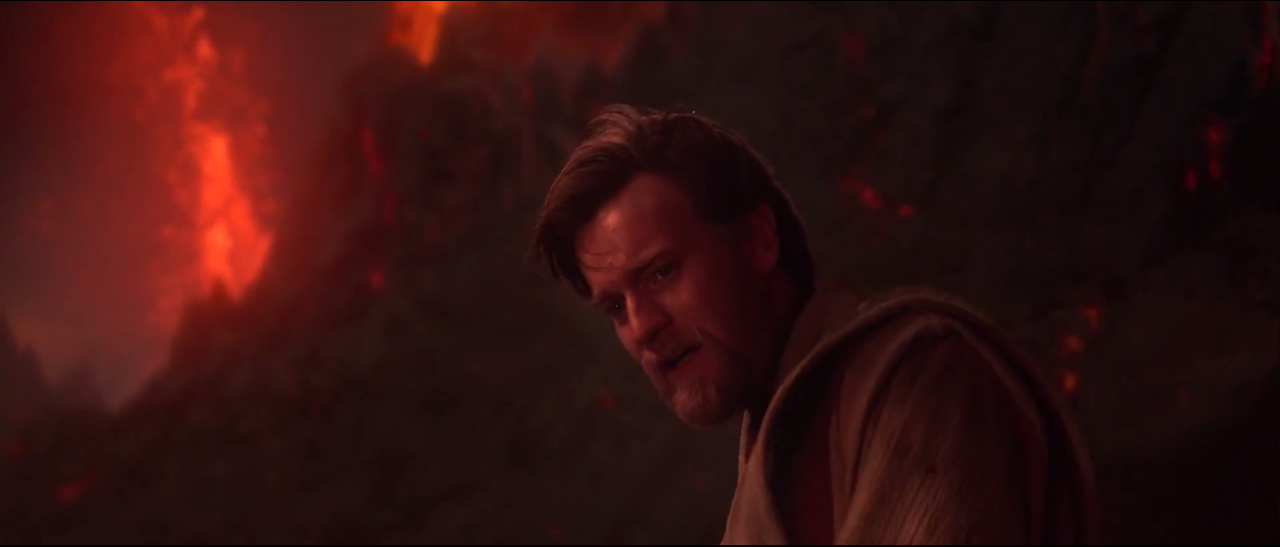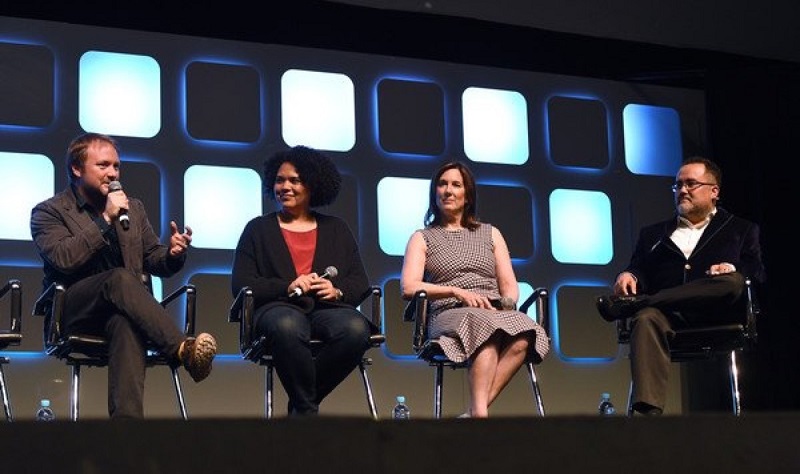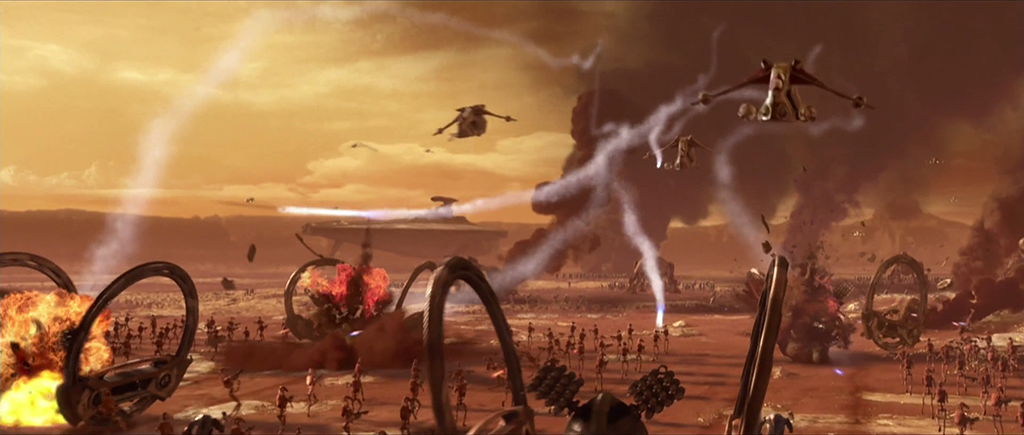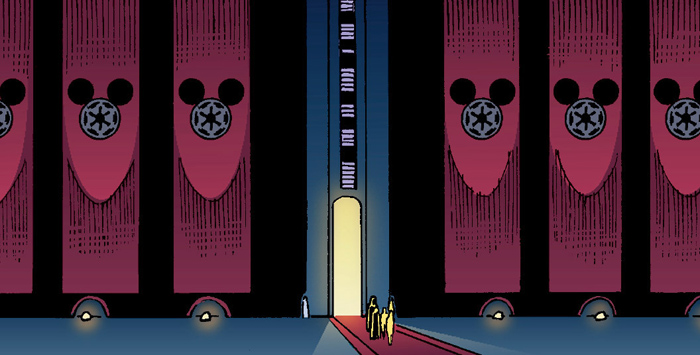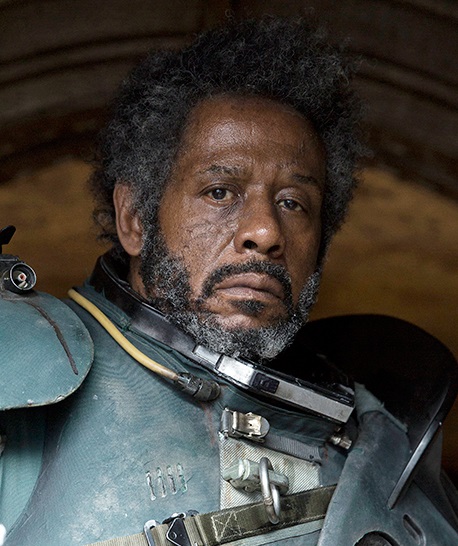
The Star Wars universe, despite originally depicting a very Manichean struggle between good and evil, has become in the decades since the original movie a very morally nuanced place. I’ve mentioned before that if I look at the current status of the franchise, I’m tempted to consider Star Wars to be more of an anti-war story than a war one, but that’s a debate that we’ve had on this website very recently. Personally, I feel that although the original trilogy no doubt romanticized armed insurgency, George Lucas’s point of view on war and violence had evolved and become considerably more pacifist by the time the prequels and The Clone Wars rolled in.
Behind the curtain of space fantasy, George Lucas told the audience about things like false flag operations, the military-industrial complex, and factionalism in insurgencies. The heroes of the story, the Jedi, lose because they get involved in war. War itself is bad. If we look at the totality of the material that Lucas himself produced under the banner of Star Wars, behind all of the heroics and the swashbuckling, it sure appears to tell us that war sucks. But is there a way to add a bit more nuance to this message without negating it? Read More
